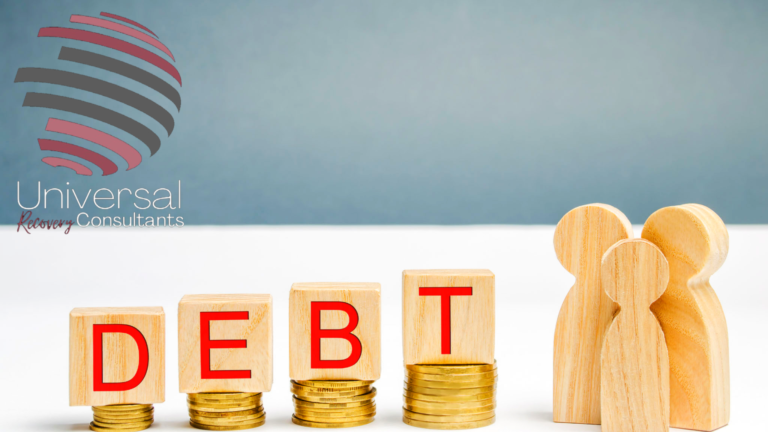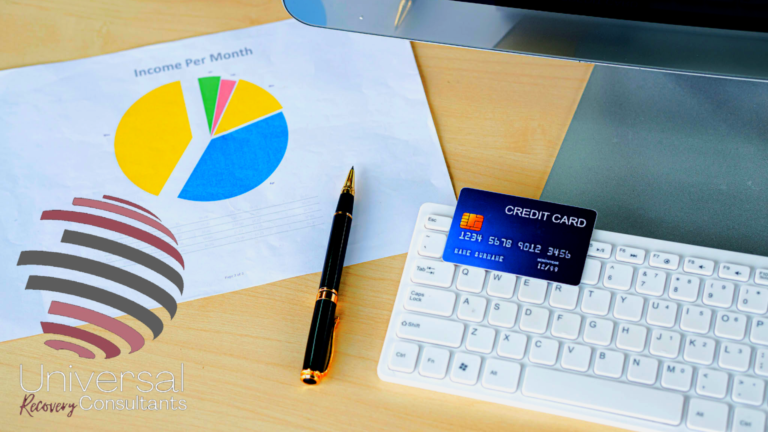Credit card debt is a common issue for many people, and it can be difficult to understand why it happens. While there are certainly practical factors that contribute to overspending, such as a lack of income or poor financial planning, there are also emotional factors at play. In this blog post, we’ll explore the psychology of credit card debt, and how you can address these emotional factors to improve your financial well-being.
Understanding the Emotional Factors
There are many emotional factors that can lead to overspending and credit card debt. One of the most common is stress. When we’re stressed, we often look for ways to cope, and for many people, that means turning to shopping. Whether it’s buying new clothes or treating yourself to a fancy meal, spending money can provide a temporary sense of relief from stress and anxiety.
Another emotional factor that contributes to overspending is social pressure. We live in a society that values material possessions and success, and it’s easy to feel like we need to keep up with our friends and colleagues. This can lead to overspending on things like designer clothes, fancy cars, and expensive vacations, even if we can’t really afford them.
Addressing the Emotional Factors
So, how can you address these emotional factors and reduce your credit card debt? The first step is to recognize that overspending is often a symptom of underlying emotional issues, and not just a lack of willpower or financial planning. By acknowledging this, you can start to take steps to address the root causes of your overspending.
One strategy is to find alternative ways to cope with stress. This might mean practicing meditation, going for a walk, or engaging in a hobby you enjoy. By finding healthy ways to manage stress, you’ll be less likely to turn to shopping as a coping mechanism.
Another strategy is to redefine your values and priorities. Ask yourself what’s really important to you, and what brings you true happiness and fulfillment. Chances are, it’s not material possessions or keeping up with the Joneses. By focusing on what really matters to you, you can reduce your desire to overspend and accumulate debt.
Conclusion
Credit card debt is a complex issue, and it’s important to understand the emotional factors that contribute to overspending. By recognizing the role that stress, social pressure, and other emotional factors play in our spending habits, we can start to take steps to address these issues and improve our financial well-being. Whether it’s finding alternative ways to cope with stress, redefining our values, or seeking professional help, there are many strategies for addressing the psychology of credit card debt.


